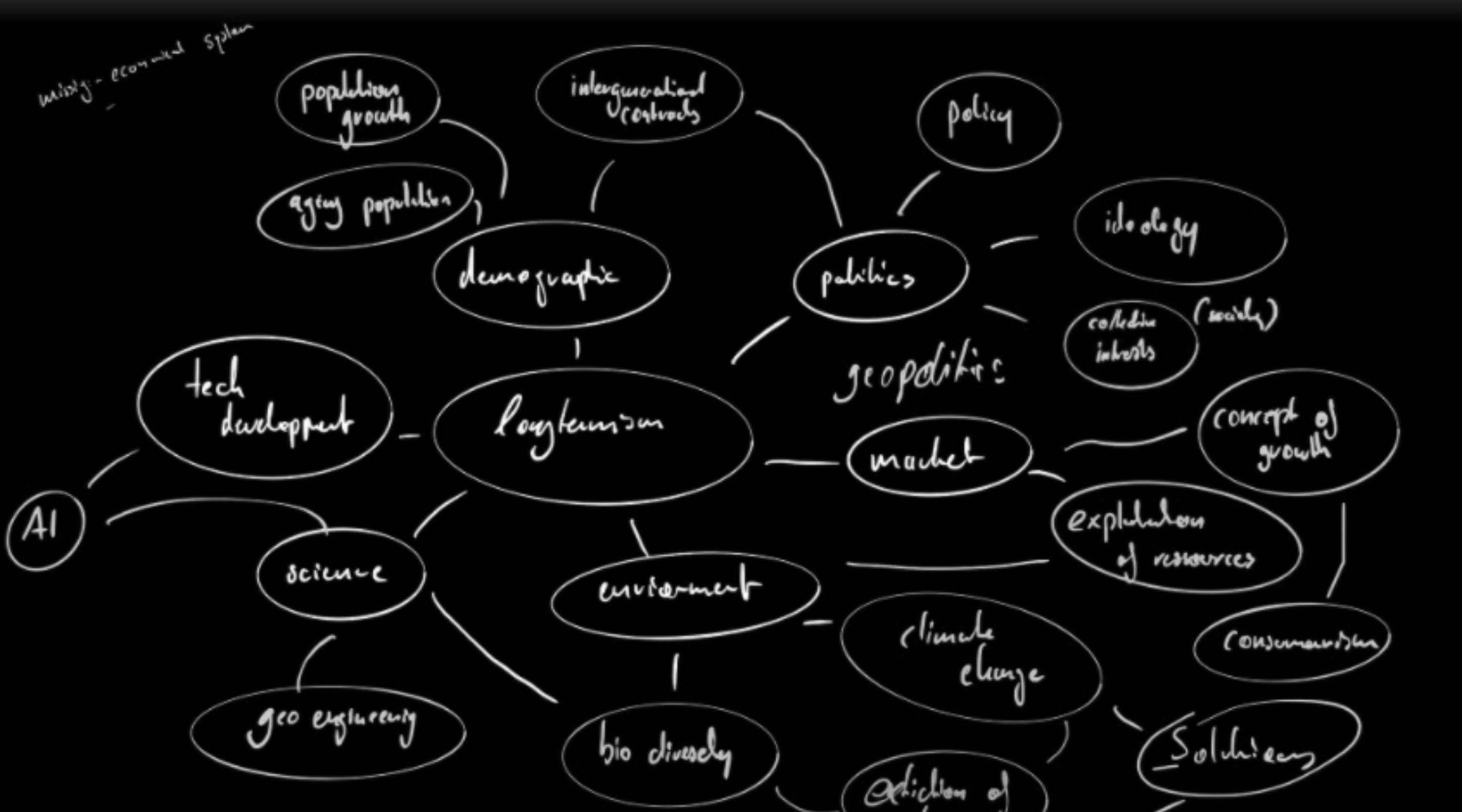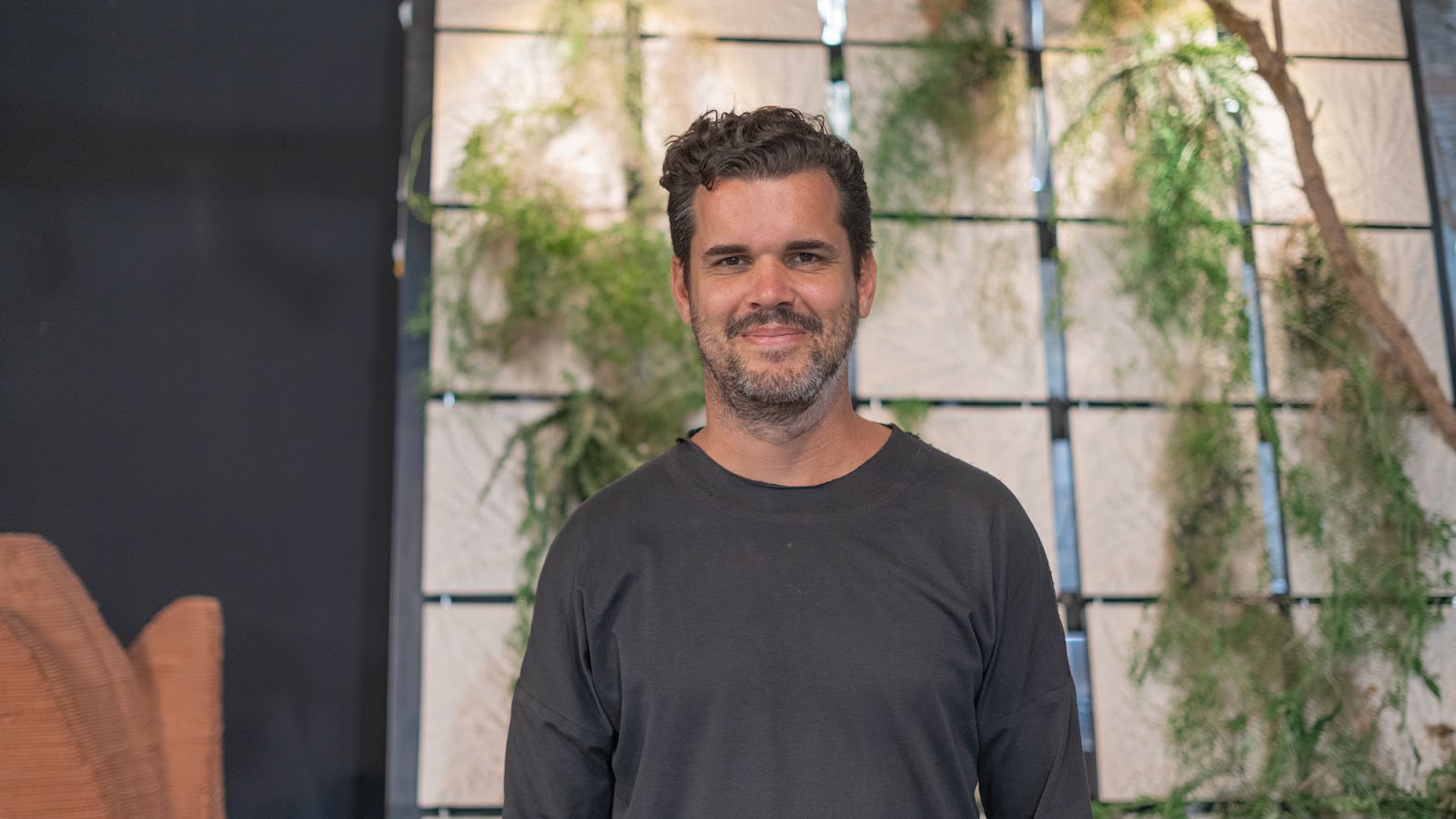Syllabus⇝
Following a collective learning-by-doing approach, the students will explore, discuss, reflect, ideate, and exchange perspectives, questions, and thought experiments, while exercising their collective imaginations with long-term, critical and planetary mindsets to navigate the complexity, scale, and speed of change of the multidimensional implications that the digital economy has in the environmental emergency.
Using The Everything Manifesto as a meta-brief, participants will have the opportunity to learn how to use hypothetical questions to develop useful fiction stories about how everyday life can change in the next billion seconds, following methodologies where they can practice collective ideation, decision making, and other collaborative approaches.
One of the main goals of MDEF is to align students’ purpose with their skills, interests, and capabilities, in order to provide all the necessary means to become agents of change. In times of transition, exposure to excessive noise and information lead to uncertainty and disconnection from the true self. Through questioning students’ decisions and choices during their project development, these sessions aim to rebuild the connection with the driving forces that operate within ourselves and to establish new dialogues with authors, researchers, thinkers, and makers that can contribute and enrich the Masters’ projects. The seminar aims to build a space for honest discussion, questioning, and challenging, in which we aim to incorporate philosophical practice into designing for emergent futures.
Additional Resources⇝
The distributive nature of Design: (Page 234)
A History of the World in Seven Cheap Things:
Steps to an Ecology of Mind: (Introduction)
Deliverables⇝
To read the provided articles and papers
To attend to at least 80% of the classes
To write a blog entry of 2500 words at the end of the course on your website and design a vignette to illustrate the following questions:
-
What design means for you?
-
How can design help you to achieve your purpose?
-
How design can be used to transform your world?
An abstract (500 words) of the final entry will be required a week prior to the last day of class.
Faculty⇝
Tomas Diez Ladera, a Venezuelan Urbanist, Designer, and Technologist, is known for his expertise in digital fabrication and its impact on future cities and society. He is a founding partner and executive director of the Fab City Foundation, and he also serves on the Institute for Advanced Architecture of Catalonia’s board of trustees, where he holds positions as a senior researcher and tutor. He actively collaborates with the Fab Foundation to support the global Fab Lab Network and has played a significant role in launching initiatives such as the Fab Academy and Fab City.
Tomas co-founded and co-designed projects like the Smart Citizen initiative and the global Fab Lab Network platform, fablabs.io. Additionally, he co-created higher degree programs, including the Master in Design for Emergent Futures (IAAC-Elisava) and the Master in Design for Distributed Innovation (Fab City-IAAC), both of which he co-directs. As a founding partner and President-Director of the Meaningful Design Group Bali, he aims to combine advanced technologies and design with alternative perspectives and cultures in Indonesia and Southeast Asia. He has received recognition as a young innovator of the year by the Catalan ICT Association and was nominated as one of Nesta's and The Guardian's top 10 Social Innovators in Europe.

